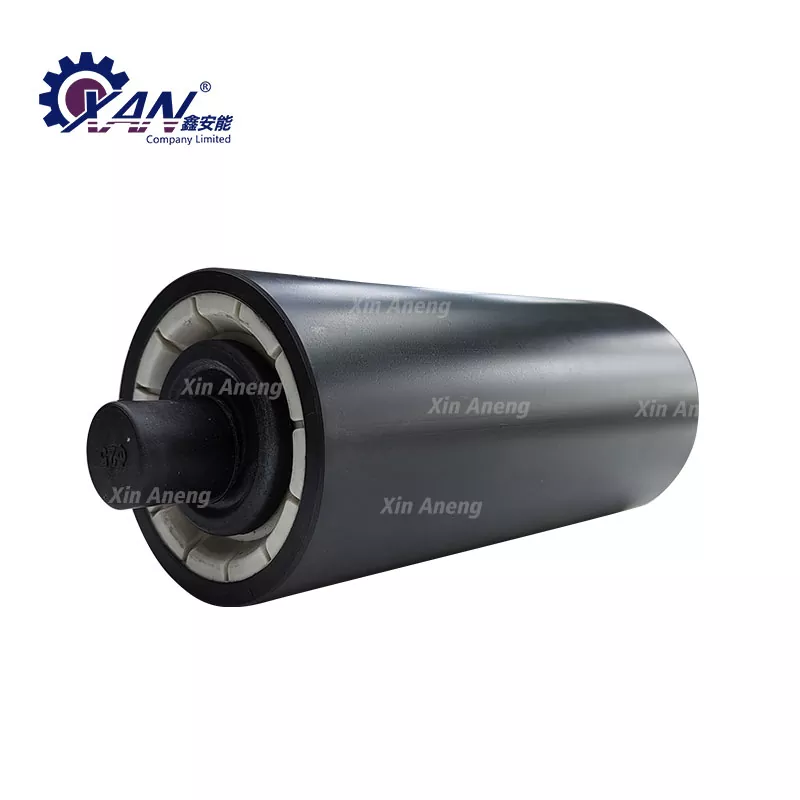Understanding HDPE Idler Rollers: Design, Benefits, and Applications
2024-10-31
HDPE (High-Density Polyethylene) idler rollers play a crucial role in various industrial applications, particularly in material handling and conveyor systems. Known for their durability, lightweight nature, and resistance to corrosion, these rollers have become an essential component in many industries. In this blog post, we will delve into the design, benefits, and applications of HDPE idler rollers, highlighting their significance in modern operations.
1. What Are HDPE Idler Rollers?
HDPE idler rollers are cylindrical components made from high-density polyethylene, designed to support and guide the movement of materials on conveyor belts. Unlike drive rollers, idler rollers do not provide power to the conveyor system but are crucial for maintaining the alignment and stability of the belt and the materials being transported.
2. Key Features of HDPE Idler Rollers
- Material Composition: HDPE is known for its high strength-to-weight ratio, making these rollers lightweight yet robust. This material is resistant to many chemicals, moisture, and UV exposure.
- Design Options: HDPE idler rollers come in various designs, including flat, crowned, and tapered profiles, allowing customization based on specific operational requirements.
- Low Friction: The smooth surface of HDPE reduces friction, leading to less wear on the conveyor belt and enhancing overall efficiency.
- Noise Reduction: HDPE rollers operate more quietly than traditional metal rollers, making them ideal for environments where noise levels are a concern.
3. Benefits of Using HDPE Idler Rollers
- Corrosion Resistance: Unlike metal rollers, HDPE idler rollers do not rust or corrode when exposed to moisture or chemicals, leading to a longer lifespan and reduced maintenance costs.
- Lightweight Design: The lightweight nature of HDPE rollers makes them easier to handle and install, reducing labor costs and time during the setup and maintenance processes.
- Durability: HDPE's inherent toughness allows it to withstand significant impacts and abrasion, making it suitable for heavy-duty applications.
- Cost-Effective: The long lifespan and low maintenance requirements of HDPE idler rollers contribute to their cost-effectiveness in the long run.
4. Applications of HDPE Idler Rollers
HDPE idler rollers are widely used across various industries, including:
- Mining and Aggregate: These rollers support conveyor systems that transport heavy materials, ensuring smooth and efficient operation.
- Agriculture: In agricultural settings, HDPE rollers are used in conveyor systems for grain handling and sorting.
- Food Processing: Their resistance to chemicals and moisture makes HDPE rollers suitable for food processing applications, where hygiene is paramount.
- Packaging and Distribution: In warehouses and distribution centers, HDPE idler rollers help streamline the movement of goods along conveyor systems.
HDPE idler rollers are essential components in many industrial applications, providing durability, lightweight handling, and corrosion resistance. Their design and functionality contribute to the efficiency and effectiveness of material handling systems.



